How I read: a personal guide
Leave a CommentI was asked last week, ‘What’s your process for choosing books?‘
I was flattered that someone thought I had an organised decision-making process rather than the random choices that catch my eye. But, on reflection, I do have a process and when I shared it, my colleague said it was worth sharing. So here you go.
1: Have good recommendations
I never choose a book by its cover and I rarely read a book that is recommended by someone who doesn’t read much. There is often a wave of hype about an essential populist book that every coach ‘must read.’ I wait for the Tsunami to subside, and the book price to fall, and then see whether any of my ‘trusted readers’ have read it.
There is a danger of an ‘echo chamber’ here, but I find that those people who read more have a better perspective than those who just read what everyone else is reading.
My trusted readers include Jane Graham (The Big Issue), Clare Wilson (New Scientist), Mandi Abrahams (Castle Books, Anglesey), Vern Gambetta (GAIN) and Andy Stone (GAIN PE).
Between them, they read a lot of books from different perspectives. If they say something is good it usually is.
Atomic Habits (pictured) was recommended to me by an ex-athlete, Sophie Jefferson, before Christmas. It is a few years old now, so it was in the library. I borrowed it and a parent, Steve Baylis, recommended it to me. Neither has recommended a book to me previously but I am glad they did.
I also pick up recommendations from other books: e.g. Ursula Le Guin recommended Beowulf and Sylvia Townsend (pictured above) in her book, ‘The Wave in the Mind.’
2: Buy or borrow?
The second part of my process is related to budget and space. Where I can, I borrow. The books above are all borrowed from the library. They can order them in for a small fee (£0.85) and even purchase the book if they think it might be of general interest.
Where the book is too niche, or out of print, I add it to my reading list and might buy it second hand from Abe Books if I have the budget. Newer books, usually reference, I might put on my birthday/ Christmas wish lists and hope that nice people give them to me. This gives time for the prices to drop and the paperback versions to be published.
I try to read a mix of fiction, education and historical/ biography. This year I aim to re-read more of the excellent books about coaching and learning that are on my shelves: there is much to be gained from revisiting books a few years later.
That’s it, that’s what works for me. Reading is my preferred method of learning (apart from doing) and it is a very cheap form of entertainment.
In an age where time is precious and life seems too hectic, the process of choosing a good book and settling down with it seems more important than ever.


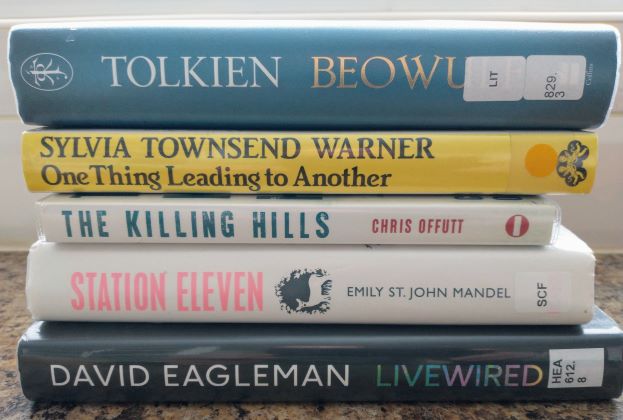
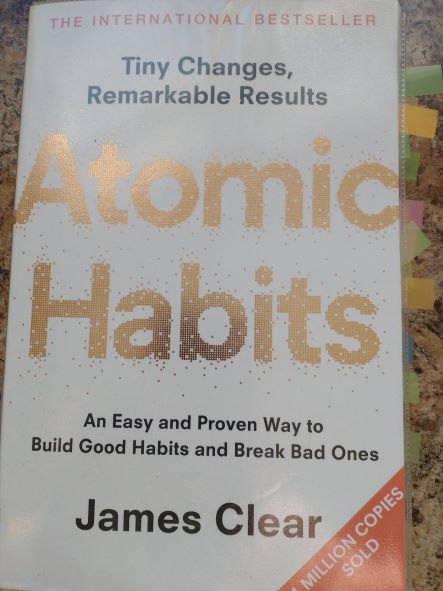
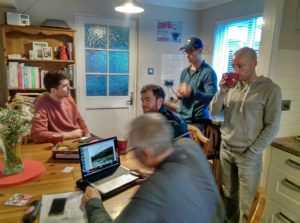
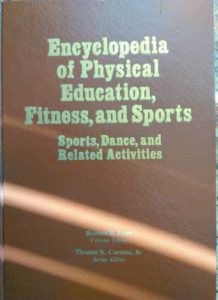
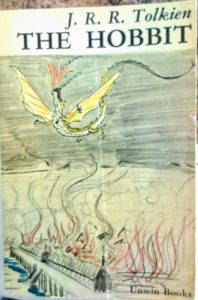

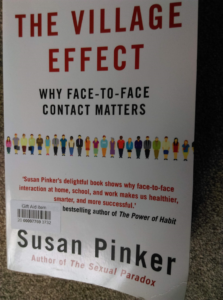
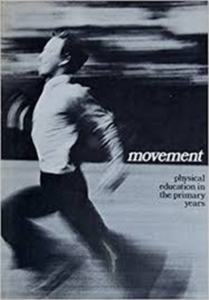
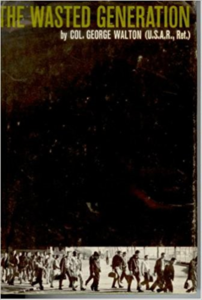
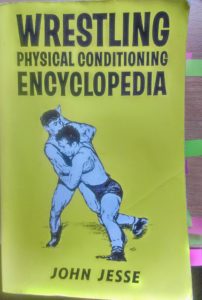
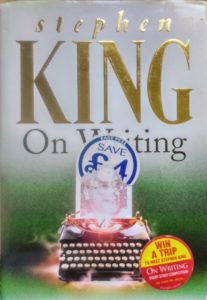
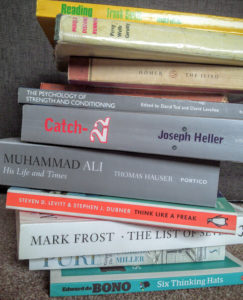
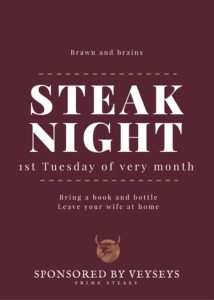
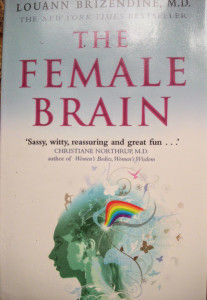
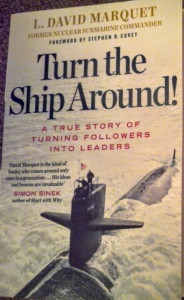
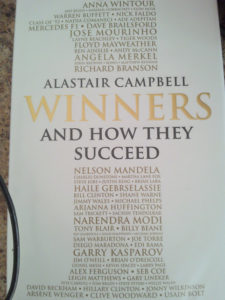
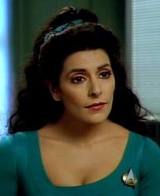 One of the buzz catchphrases for the last year has been “athlete empowerment” when dealing with young athletes. The young athletes (a loose term, most of them are recreational games players)are supposed to be able to choose what type of training programme they follow, and even give feedback on it.
One of the buzz catchphrases for the last year has been “athlete empowerment” when dealing with young athletes. The young athletes (a loose term, most of them are recreational games players)are supposed to be able to choose what type of training programme they follow, and even give feedback on it.